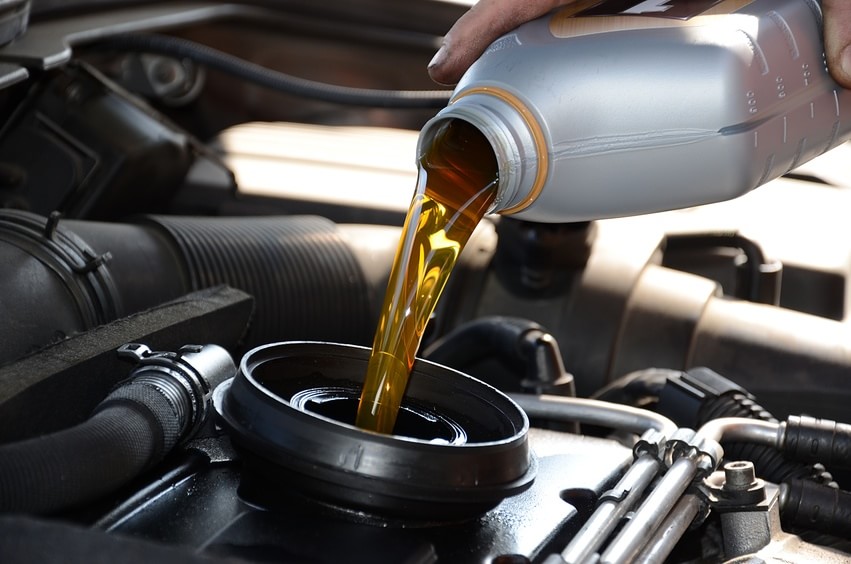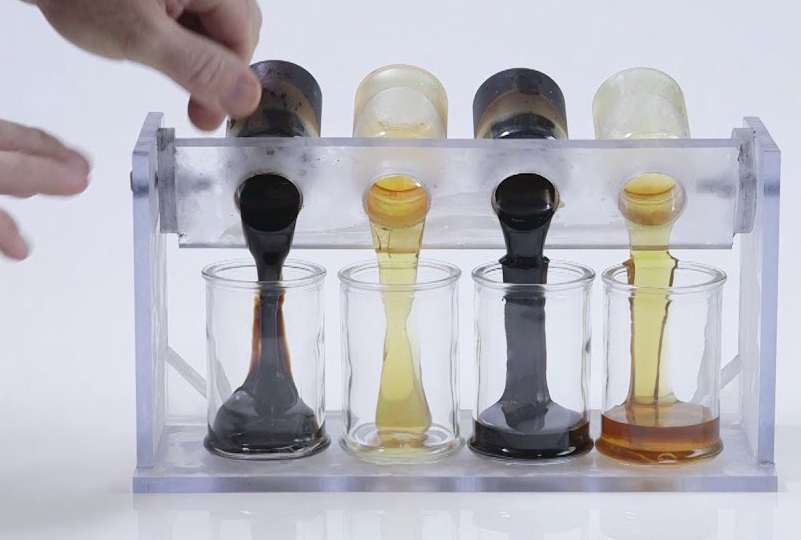Types of Synthetic Oil in the market but can synthetic oil best for a new or old car let’s talk about!
There are two fundamental types of synthetic oil currently available in the market. Choosing which between these two will be right for your vehicle depends on a variety of factors that we will be looking into in greater detail in the next section. Suffice it to say, it is best to understand the 2 types of synthetic oil first.
Types of Synthetic Oil:
- Synthetic Blend
- Fully Synthetic
Synthetic Oil Blend
This type of synthetic is actually a combination of conventional motor oil and a company’s synthetic base oil. You can look at it more like a juiced-up version of your conventional motor oil. It also gives you performance boosts and improved protection for your engine except that these will still pale in comparison to full synthetics. The good thing about synthetic blends is that you get some of the benefits of full synthetics while paying only slightly higher than conventional oil.
 Fully Synthetic Oil
Fully Synthetic Oil
As we have been discussing, full synthetics are those that are manufactured in the lab complete with a very unique molecular structure and embedded with advanced additives to give you the best protection and best performance for your engine.
Now here’s where it can get complicated. Because the development of full synthetic motor oil occurs in the lab, their inherent protective and performance characteristics vary greatly from manufacturer to manufacturer. That is why you may have several synthetics all rated at SAE 5W-20 yet the experiences of motorists vary greatly. The answer is in the formulation of the product. Since this is technically a blend of proprietary synthetic base oil and advanced additives, each company may have its own patented technology for each component of the blend.
That being said, you may get full synthetics that are much better at cleaning your engines while others might be able to provide you with better engine protection. Some will provide exceptional thermal protection but are lousy at cold starts. As such it is important to choose a full synthetic that will give you the kind of outcome you want for your car.
Synthetic oil Factors to Consider
We said that making the choice on the type of synthetic oil to use on your car depends on a host of factors. As such we’re here to examine some of these factors that you might want to consider when choosing synthetic motor oil for your car.
Compatibility with Existing Oil
While it is perfectly okay to top your conventional oil with fully synthetic, this is not generally recommended as you are simply diluting the unique chemical properties of the synthetic. In simple words, you may not be able to obtain the best performance and protection for your car. Instead, it is best to drain your engine oil, flush it with an appropriate solution, and then replace it with a synthetic.
Now, before you do that you have to check your vehicle owner’s manual regarding the specific type of oil to be used. You have to understand that there are legacy engines that work a lot better with conventional oils rather than full synthetics. If ever you have a modern car usually dated 2000 and above, you will most likely benefit from a full synthetic.
Viscosity Grade
We have been talking about this unique characteristic of oil – viscosity – or thickness. What you would want to have is the right viscosity grading in your motor oil depending on the prevailing environmental conditions in your area.
If you are the type of driver who would typically be a devil behind the wheel or you’re fond of hauling bulky and heavy things or even just cruising along on a really hot and humid day, you’ll find that the best viscosity grade will be one with a ‘thicker consistency. This means you will have to go for something like 10W-40 or even 15W-50. This is especially true for engines that will be going through high temperatures or engine stress.
On the other hand, if you’re living in an area where it snows 364 days of the year with the only day left being in the mild 60s, then you have better get synthetic oil that has an exceptional low-temperature viscosity rating. You can go to a 5W-20 or even 0W-20.
If you’re driving in conditions that are neither too hot nor too cold or that your engine is not really subjected to extremes in temperatures and stress levels, then getting engine oil that has medium viscosity grading should suffice. A good rating to start will be 5W-30.
Additives
One of the essential differentiating characteristics of full synthetics from synthetic blends and conventional motor oils is the presence of additives. Unfortunately, this is also what differentiates one brand of synthetic from the next since, as we already pointed out, different companies will have their different take on what they perceive to be the best-performing motor oil. That being said, it would be wise to look at the most common additives used in modern synthetic oils.
Anti-foaming agent
As the name implies, this additive is what prevents the formation of bubbles or foam which can create cavitations in the oil. These cavitations are air pockets that can adversely affect the important qualities of synthetic oil especially lubrication.
Antioxidants
Just as antioxidants negate the effects of free radicals in the body, antioxidant additives in engine oils can also provide almost the same effect. This helps protect the oil against premature degradation, further increasing its lifespan and overall performance.
Anti-wear agent
One of the most common anti-wear agents used in today’s synthetics is zinc or ZDDP. While it is still poorly understood how the substance is able to reduce the rate of degradation of the metal elements in the engine, the general observation is that it can significantly lengthen the overall lifespan of your car’s engine.
Synthetic oil Conditioners
Also known as softeners, these additives are mostly found in formulations geared for older or high mileage engines. What they do is that they try to soften up seals to help them expand a lot better and form a tight fit in their respective fittings. It’s perfect for preventing leaks.
Dispersants
These are almost similar to where they help prevent the clumping of various particles. This helps prevent the buildup of sludge which can cause partial blockage in any of your engine’s ports.
Viscosity Index Improvers
Remember what we said about oil turning watery-thin in higher temperatures? Well, it’s the job of viscosity index improvers to make sure that the amount of oil ‘thinning’ is kept to a minimum to retain the important physical and thermal properties of synthetics.
Types of Synthetic Oil in market lots of but a witch is the best synthetic oil for new or old car















[…] It is also one of the cheapest. All types of car servicing also include a change of the motor oil and filter. This service helps make sure that your car’s engine gets all the proper lubrication. […]
[…] door hatchback is that the only bodystyle. A facelift in 2018 revamped much of the engine range. Like the remainder of the Kia line-up, the Sportage comes in trim variants that are simple to […]
[…] the engine doesn’t completely burn fuel leaving fuel residue on cylinder walls. This contaminates engine oil over time and will require sooner oil top-ups. Unnecessary idling also makes spark plugs dirtier […]
[…] the brake pads on your vehicle are made of metallic, organic, ceramic, or composite materials, they lose a minute amount of material each time they are used. […]
[…] provide. It is also one of the cheapest. All types of car servicing also include a change of the motor oil and filter. This service helps make sure that your car’s engine gets all the proper lubrication. […]
[…] As such a vital component to your engine, you need to know every possible issue that can pop up, and how to properly clean them to ensure there are no repeat mistakes. Here are some of your most […]
[…] DIY’ers consider applying an undercoating, this is the method of choice. Drip oil spray is an incredibly messy, but very effective method of protecting the undercarriage. When […]
[…] Types […]
[…] thick grey cloud from your exhaust pipe is usually a sign that your car is burning oil. Once oil escapes it can burn off as grey smoke from various hot points around the engine. The liquid can […]
[…] pump will start to cause trouble and the pump will be unable to keep up with the vehicle’s fuel demands, leading to a loss of overall […]
[…] can’t import cars and this is the big reason to increase the production of local cars. The sales of Pakistan cars are increased but the demand for imported cars in the market is not down the […]
[…] part of the globe you live in. If you live in warm regions, then the coolant will help prevent engine overheating. Motorists who live in colder climates can rely on antifreeze to avoid freezing their […]